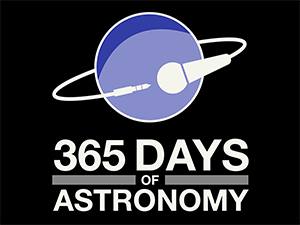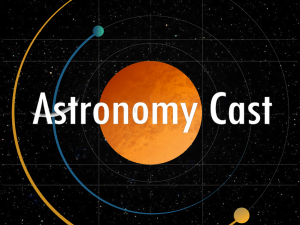
On Sunday, June 12 at 17:43 UTC, an Astra Rocket 3.3 lifted off from SLC-46 at the Cape Canaveral Space Force Station in Florida, carrying the first two satellites of NASA’s TROPICS microwave weather satellite constellation.
The ascent proceeded nominally through max Q, main engine cut off (MECO), fairing separation, and second-stage ignition — all events that caused problems in previous flights. About one minute before the scheduled engine cutoff, however, the second stage engine suddenly shut down, and the vehicle began to tumble. Nothing seemed to have gone wrong up to this point in the flight.
The vehicle was over one kilometer per second short of orbital velocity. About a kilometer short doesn’t sound like a lot, but you have to remember that a significant portion of the total velocity gained is in the final portions of the burn because of acceleration.
The webcast switched back to a map, with the hosts coming back later to officially confirm the mission was lost.
As of press time, Astra has not announced any indication as to the cause of the failure, but they did apologize to their customer, NASA. Space is hard, but it does not inspire confidence in Astra to have two successes out of seven orbital attempts of Rocket 3. Hopefully, this will not be the end of the company.
TROPICS is a neat constellation, and its whole concept would have been enabled by launching lots of cheap rockets. After the failure, NASA said that the mission can still be done with four CubeSats in two orbits, indicating that there probably won’t be a replacement mission to fly the full constellation. NASA’s Thomas Zurbuchen also reaffirmed NASA’s decision to go with Astra after the failure, mentioning that the total cost for all three launches was less than $10 million. Astra will work with NASA and the Federal Aviation Administration on a failure investigation and return to flight again.
TROPICS will be a constellation of 3-Unit CubeSats with a microwave radiometer. It’s passive, meaning that it only listens for signals rather than making its own and listening for the reflection. It images in one band and is sensitive to two other different bands for temperature and moisture sounding. The payload is 1U of the satellite, with the systems that help the satellite do its job – called the bus – contained in the other two units.
More Information
NASA press release




 Join the Crew!
Join the Crew!
 Escape Velocity Space News
Escape Velocity Space News
0 Comments